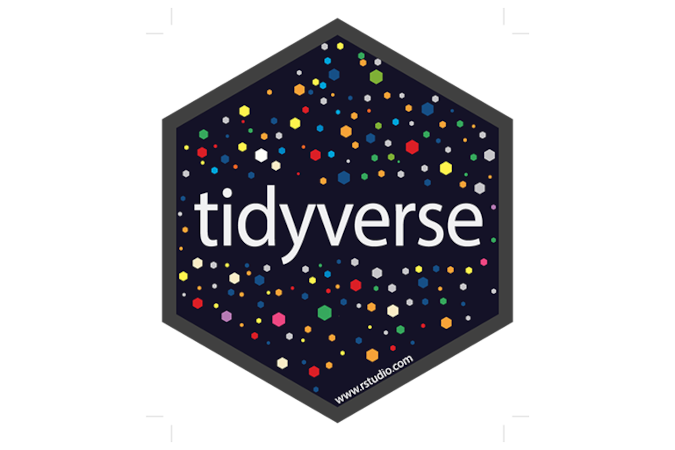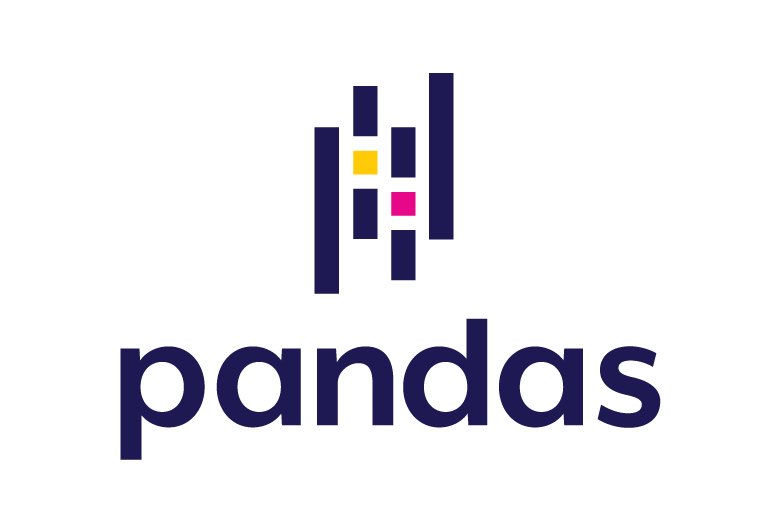


Berkeley Lab IT partners with UC Berkeley D-Lab to offer training workshops to Lab employees. Register for the latest online training opportunities available from now through early December 2022. Courses include fundamental lessons focused on data science using Stata, R, Python, Pandas, and more.
Upcoming IT Training Courses
Stata Fundamentals: Parts 1-3
October 26, 2022, 9:00am to November 2, 2022, 12:00pm
This workshop is a three-part introductory series that will teach you Stata from scratch with clear introductions, concise examples, and support documents.
Python Visualization
October 26, 2022, 3:00pm to 6:00pm
For this workshop, we’ll provide an introduction to visualization with Python. We’ll cover visualization theory and plotting with Matplotlib and Seaborn, working through examples in a Jupyter notebook.
Python Text Analysis Fundamentals: Parts 1-2
November 1, 2022, 12:00pm to November 3, 2022, 3:00pm
This two-part workshop series will prepare participants to move forward with research that uses text analysis, with a special focus on humanities and social science applications.
R Data Wrangling and Manipulation: Parts 1-2
November 1, 2022, 2:00pm to November 3, 2022, 5:00pm
It is said that 80% of data analysis is spent on the process of cleaning and preparing the data for exploration, visualization, and analysis. This R workshop will introduce the dplyr and tidyr packages to make data wrangling and manipulation easier.
Finding Health Statistics and Data
November 2, 2022, 1:00pm to 2:30pm
Participants in this workshop will learn about some of the issues surrounding the collection of health statistics, and will also learn about authoritative sources of health statistics and data.
Python Web Scraping & APIs
November 2, 2022, 3:00pm to 6:00pm
In this workshop, we cover how to extract data from the web using Python. We focus on two approaches to extracting data from the web: leveraging application programming interfaces (APIs) and web scraping.
Python Fundamentals: Parts 1-4
November 7, 2022, 11:00am to November 16, 2022, 2:00pm
This four-part, interactive workshop series is your complete introduction to programming Python for people with little or no previous programming experience. By the end of the series, you will be able to apply your knowledge of basic principles of programming and data manipulation to a real-world social science application.
Institutional Review Board (IRB) Fundamentals
November 7, 2022, 12:00pm to 3:00pm
Are you starting a research project at UC Berkeley that involves human subjects? If so, one of the first steps you will need to take is getting IRB approval.
R Data Visualization
November 7, 2022, 2:00pm to 5:00pm
This workshop will provide an introduction to graphics in R with ggplot2. Participants will learn how to construct, customize, and export a variety of plot types in order to visualize relationships in data.
Python Geospatial Data and Mapping: Parts 1-2
November 8, 2022, 2:00pm to November 10, 2022, 5:00pm
Geospatial data are an important component of data visualization and analysis in the social sciences, humanities, and elsewhere. The Python programming language is a great platform for exploring these data and integrating them into your research.
Python Machine Learning Fundamentals: Parts 1-2
November 14, 2022, 4:00pm to November 16, 2022, 7:00pm
This workshop introduces students to scikit-learn, the popular machine learning library in Python, as well as the auto-ML library built on top of scikit-learn, TPOT. The focus will be on scikit-learn syntax and available tools to apply machine learning algorithms to datasets.
MaxQDA: Introduction
November 15, 2022, 10:00am to 12:00pm
This two-hour introductory workshop will teach you MaxQDA from scratch with clear introductions, concise examples, and support documents. You will learn how to download and install the MaxQDA software, upload multiple forms of data then how to use manual and autocode features.
Python Text Analysis: Topic Modeling
November 15, 2022, 12:00pm to 3:00pm
In this part, we study unsupervised learning of text data. This is a stand alone work that builds from the two-part text analysis series.
Python Text Analysis: Word Embeddings
November 17, 2022, 12:00pm to 3:00pm
How can we use neural networks to create meaningful representations of words? The bag-of-words is limited in its ability to characterize text, because it does not utilize word context.
R Machine Learning with tidymodels: Parts 1-2
November 29, 2022, 10:00am to December 1, 2022, 1:00pm
Machine learning often evokes images of Skynet, self-driving cars, and computerized homes. However, these ideas are less science fiction as they are tangible phenomena that are predicated on description, classification, prediction, and pattern recognition in data.
Python Data Wrangling and Manipulation with Pandas
November 29, 2022, 3:00pm to 6:00pm
Pandas is a Python package that provides fast, flexible, and expressive data structures designed to make working with ‘relational’ or ‘labeled’ data both easy and intuitive. It enables doing practical, real world data analysis in Python.
Python Visualization
December 1, 2022, 3:00pm to 6:00pm
For this workshop, we’ll provide an introduction to visualization with Python. We’ll cover visualization theory and plotting with Matplotlib and Seaborn, working through examples in a Jupyter notebook.
Python Fundamentals: Parts 1-4
December 5, 2022, 9:00am to December 8, 2022, 12:00pm
This four-part, interactive workshop series is your complete introduction to programming Python for people with little or no previous programming experience.
Stata Fundamentals: Parts 1-3
December 5, 2022, 9:00am to December 7, 2022, 12:00pm
This workshop is a three-part introductory series that will teach you Stata from scratch with clear introductions, concise examples, and support documents.
R Fundamentals: Parts 1-4
December 5, 2022, 2:00pm to December 8, 2022, 5:00pm
This workshop is a four-part introductory series that will teach you R from scratch with clear introductions, concise examples, and support documents.
Support
- Berkeley Lab staff may contact ittraining@lbl.gov for training feedback.
- All staff should contact the D-Lab Front Desk for trouble registering for courses, Zoom links, etc. at dlab-frontdesk@berkeley.edu.
- Visit it.lbl.gov/training for more courses offered by IT.

